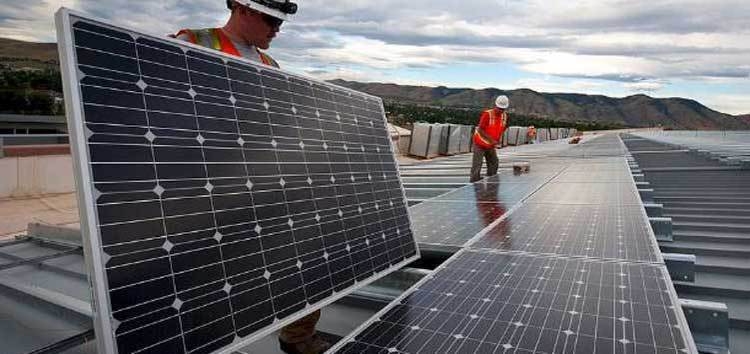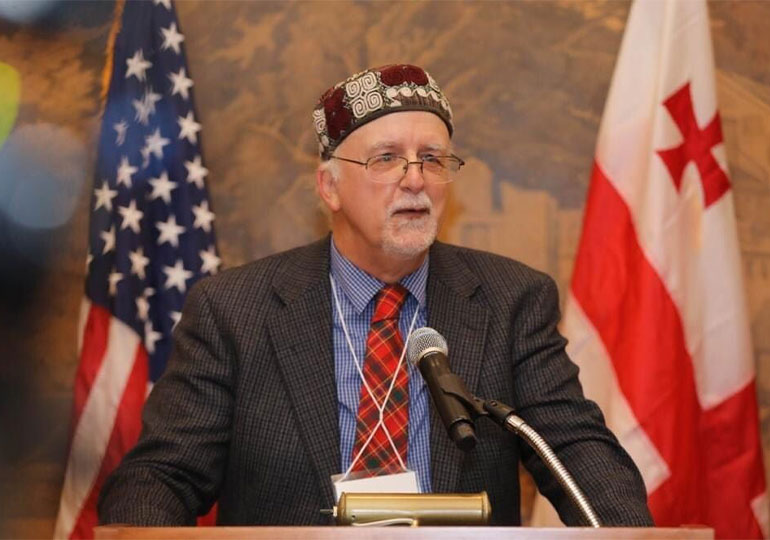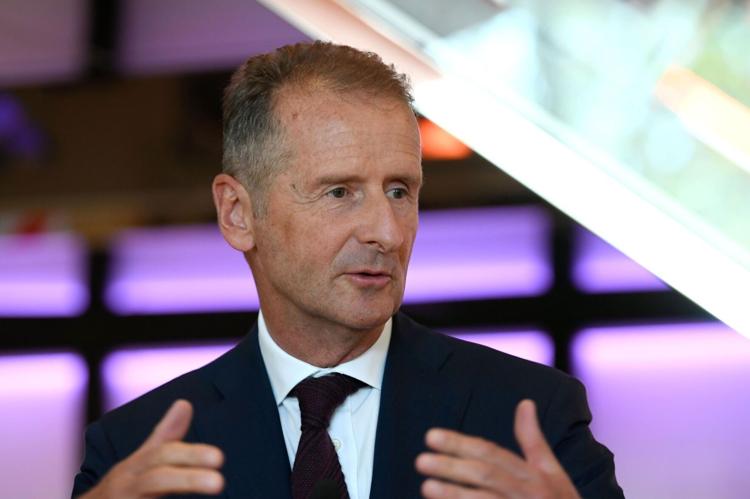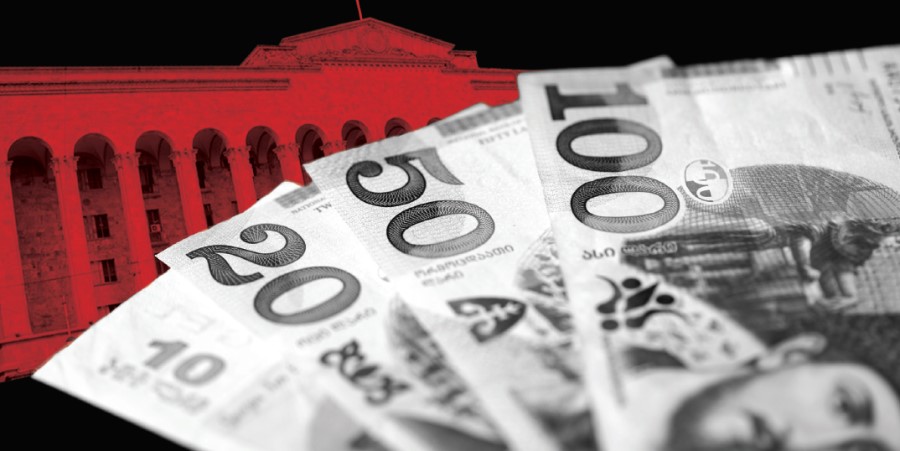After six years of work, starting with engagement with the EBRD, Georgia now has state-of-the-art energy efficiency laws that will contribute to its green economy transition.
They will enable the country to make energy savings of 14 per cent by 2025, helping it meet its international obligations in combating climate change, increasing its energy security and strengthening its energy links with the European Union.
The benefits go further. The two new pieces of legislation – the Law on Energy Efficiency and the Law on Energy Performance of Buildings, passed in May – will also help improve energy performance standards for new constructions and building retrofits in line with EU standards.
Getting them on the statute book is an important milestone for Georgia in meeting its requirements under the Deep and Comprehensive Free Trade Agreement (DCFTA), as well as its membership of the Energy Community, an international agreement that brings the European Union and its neighbours together to create a pan-European energy market.
The potential for improving energy efficiency in Georgia is huge. Fossil fuels are the main source of greenhouse gas emissions, in the country and account for up to 75 per cent of primary energy supply.
The payoffs are also attractive. Energy efficiency helps to reduce greenhouse gas emissions, curb the demand for energy imports, and lower costs on a household and economy-wide level.
“The adoption of the new energy efficiency laws is a landmark achievement for Georgia, which until now had practically no energy efficiency regulations in place and very limited investment in energy performance,” said Vesselina Haralampieva, Senior Counsel in the Legal Transition Programme, who led the EBRD’s work on the Energy Efficiency Law.
In Georgia, having these laws in place has now created a policy environment in which it is easier to invest.
Showing how such an environment brings banking benefits, the EBRD is already preparing its first project in the sector. It is expected to invest €40 million this year in providing 250 public buildings in Georgia with an energy-efficient retrofit. The adoption of the energy efficiency legislation was a requirement for the deal.
The EBRD has been working on energy efficiency with policymakers in Georgia since 2014. Back then, the Bank was the only organisation in Georgia to dedicate resources to policy work on energy efficiency.
The initiative that emerged from those initial policy discussions – and paved the way for the later laws – was conceptualised in late 2015, when the Ministry of Economy and Sustainable Development started working on a draft of the first National Energy Efficiency Action Plan (NEEAP) with the EBRD.
This work benefited from support from the Swedish International Development Agency.
Work on the NEEAP brought together policymakers, industry, state administrations, donors and other stakeholders to carve out clear policy and investment priorities for the country. It was formally adopted in the last days of 2019.
It addressed challenges such as reducing the economy’s energy intensity, while allowing for continued economic growth and compliance with the country’s international commitments. It was a set of measures that Georgia needed to craft in order to improve its energy efficiency, and provided a roadmap to the adoption of these two new laws which were drafted with support from the EBRD and the Energy Community Secretariat.
“The NEEAP is Georgia’s signal to the world that it is prioritising energy efficiency policies and investment, which will result in better energy services for consumers, well-insulated homes with less wasted energy, and ultimately a more competitive economy,” Ms Haralampieva said.
And there are still more elements in the complex work done by the EBRD over several years to support Georgia in improving its energy efficiency.
The EBRD initially gained expertise in the field in Georgia through a dedicated energy efficiency credit line, known as CEEP, which delivered excellent results between 2013-2016, explains Remon Zakaria, for the EBRD’s Energy Efficiency and Climate Change team.
The Bank initially gained expertise in the field of energy efficiency through a dedicated energy efficiency credit line, known as CEEP, launched in 2013. It worked with partner financial institutions to on-lend finance to businesses for green technology investments.
The two follow on programmes, Energocredit and Green Economy Financing Facility (GEFF) extended the support beyond businesses, lending to both the commercial and residential sectors.
The results are impressive: under Energocredit and GEFF, the Bank has invested more than €42 million, helping 40 companies and more than 29,000 households save more than 16,663 CO2.
Another element was added in 2016, when the EBRD developed a market study and a legal gap analysis on energy efficiency in buildings in Georgia.
Cooperation between the EU and international financial institutions in 2017 helped prepare the EBRD’s planned first national public building energy efficiency renovation for schools in Georgia.












